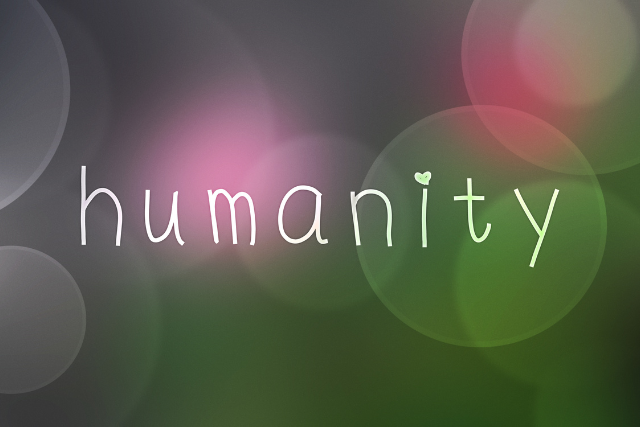Today, we stand at a critical crossroads in education. The question is not whether we should teach empathy and compassion in schools—the question is why we haven’t made it our top priority already.
Why Empathy and Compassion Must Be Core Curriculum
Empathy is the ability to understand and share the feelings of others. Compassion is the act of doing something about it. When students learn to feel, they learn to connect. And when they connect, they lead with integrity and humanity. These are not soft skills. These are survival skills in a fragmented world.
Teaching empathy and compassion reduces bullying, cultivates mental well-being, boosts collaboration, and fosters emotional intelligence—skills more critical than ever in both classrooms and boardrooms.
At AdMission, with over 21 years of experience helping international students navigate Malaysian higher education, we’ve seen this first-hand. Academic brilliance without emotional intelligence often leaves young people unfulfilled, disconnected, and directionless.
That’s why we’re sounding the alarm today. The time to infuse humanity into our curriculums is not tomorrow—it’s now.
The High Cost of Ignoring Empathy in Education
-
Mental Health Crisis: The rise in student anxiety, depression, and loneliness is a direct reflection of emotionally hollow education systems.
-
Cultural Polarization: In multi-ethnic societies like Malaysia, students need to understand and appreciate differences. Without compassion, diversity becomes a battleground instead of a bridge.
-
Leadership Vacuum: Tomorrow’s leaders must be able to relate, listen, and act humanely. Without empathy, leadership becomes tyranny dressed in suits.
We cannot expect a better future if our children don’t know what it means to care deeply and act kindly.
What Schools Must Do Today — Not Next Year
-
Incorporate Emotional Literacy: Schools must formally teach students to recognize emotions—in themselves and others—and manage them constructively.
-
Encourage Narrative Learning: Stories build bridges. Let students hear real-life stories from different communities, nationalities, and struggles.
-
Train Educators in Compassion-Focused Teaching: Teachers must not only teach facts but model kindness. A single caring teacher can change a life.
-
Create Safe Spaces for Vulnerability: Mental health isn’t a buzzword. Schools must actively provide environments where students feel seen, heard, and safe.
-
Reward Character, Not Just Grades: Create recognition systems that celebrate acts of kindness, resilience, inclusion, and understanding—not just test scores.
Why This Matters More in Multicultural Malaysia
Malaysia is a melting pot of cultures, faiths, and communities. Teaching empathy here isn’t just important—it’s a national necessity. International students who come through platforms like AdMission need more than orientation programs; they need inclusion, understanding, and a community that feels like home.
Our schools and universities must lead this charge—not only to prepare the students for exams but to prepare the society for peace, innovation, and coexistence.
A Call to Action for Educators, Parents, and Policy Makers
Stop waiting. Start acting. Build curriculums around compassion. Train teachers to lead with empathy. Talk to your children about emotions. Demand that policy reflects these needs.
If we want a generation that will heal the world instead of hurt it, the seeds must be planted now. Empathy cannot be taught in urgency—it must be taught with urgency.
AdMission’s Commitment
AdMission, since 2001, has not just been helping students gain admission to Malaysian institutions—we’ve been building bridges between cultures. We believe in education that transcends grades, degrees, and borders. We stand firmly for a future where every international student doesn’t just learn—they belong.
Let’s not wait for another crisis to teach us the importance of empathy. Let’s start in our classrooms today.
Education without empathy is incomplete.
Compassion is no longer an extra—it is essential.
The future of humanity depends on what we choose to teach right now.

